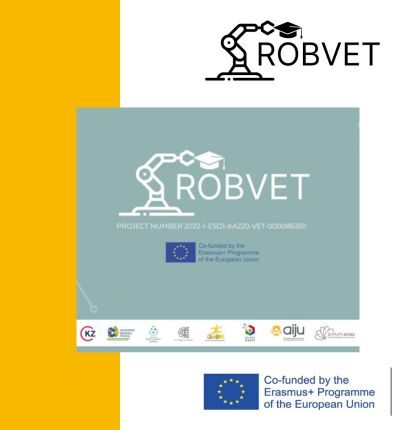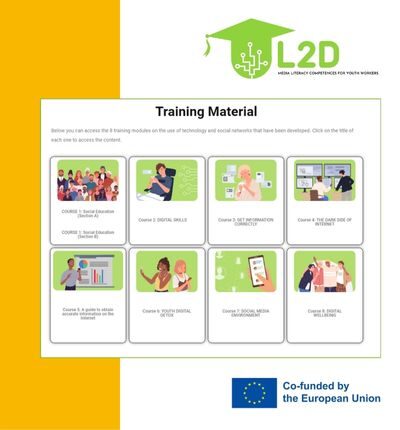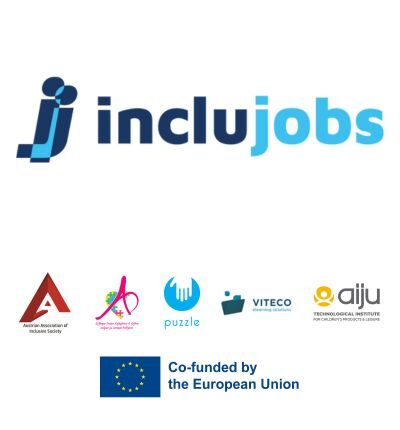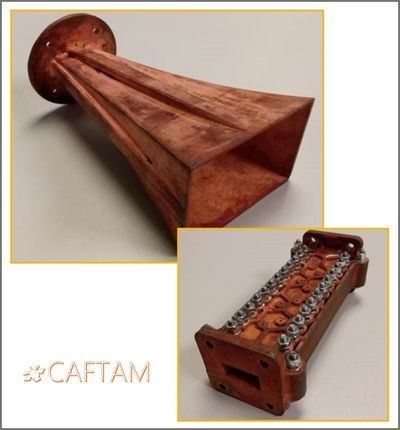Area: Key Technologies

Development of a Digital Product Passport integration system for the toy sector – AIPASSPORTGUARDNET
Implementing AIPASSPORTGUARDNET will position toy sector businesses in the leading edge of digitalisation and sustainability, offering safe and traceable products that comply with both modern consumer expectations and environmental regulation.
View more
OUTDOOR STE(A)M – OUTSTEAM
The OUTSTE(A)M project will develop a toolkit for ECEC and primary educators to teach sustainability in outdoor settings using a STE(A)M approach with the support of age-appropriate technology
View more
Integrated STEM Education with an Interactive Digital Library for Curious Kids – CURIKIDS
CURIKIDS fosters collaboration, creativity and innovative learning environments in the STEM field, contributing to the understanding of STEM concepts.
View more
Advanced robotic simulator for scenario development – RobVET
The objective is to equip students with the necessary skills to tackle real-world problems in robotized environments, fostering innovation in vocational training and increasing their employment opportunities.
View more
Lifelong Learning for Sustainability: From campus to daily life – LEAF
The project's objectives is to create a framework based on knowledge and awareness that encourages people to internalise sustainability issues and regulate their habits to contribute to climate change mitigation.
View more
L2D Learn to Discern
The Learn to Discern (L2D) project is a project co-funded by the Erasmus+ Programme whose main objective is to develop these media literacy skills in young workers through non-formal training material.
View more
Applicability of the use of chemical markers for the discrimination of black coloured plastics during the recycling of children’s products- TRACER
A research project in which chemicals, called markers, are used in the development of new plastic formulations. Simultaneously, a tailor-made vision system is being developed to detect and read the presence of these markers in the sorting plant and, consequently, to facilitate their sorting for the recycling of black plastics.
View more
Chemical markers to improve traceability of children’s products as a solution to anti-counterfeiting – TRACE4FAKE
Is it possible to manufacture children's products using anti-counterfeiting materials, and is it possible to do so while avoiding any toxicological risk to the user?
The implementation of chemical markers in the materials used for the manufacture of the children's product allows a product to be traced quickly and economically, through photoluminescent properties, among others, which can be modulated according to the specific needs of each company and/or product.

Holistic Learning for Job Inclusion of People with Intellectual Disabilities – INCLUJOBS
Through the INCLUJOB project, AIJU and four organizations from Austria, Greece and Italy, are going to work togehter to tackle the large employment gap that exists among people with intellectual disabilities; promoting the employability of this group through the development of training material for the three main actors involved: support entities for people with intellectual disabilities, the business sector and the group of people with intellectual disabilities itself.
View more
Development of high-frequency communications devices using advanced additive manufacturing and coating technologies – CAFTAM
Current radio communication systems are dealing with the progressive saturation of the electromagnetic spectrum which, together with increasing bandwidth requirements (transmission speeds), is forcing systems to migrate to higher frequency bands.
View more